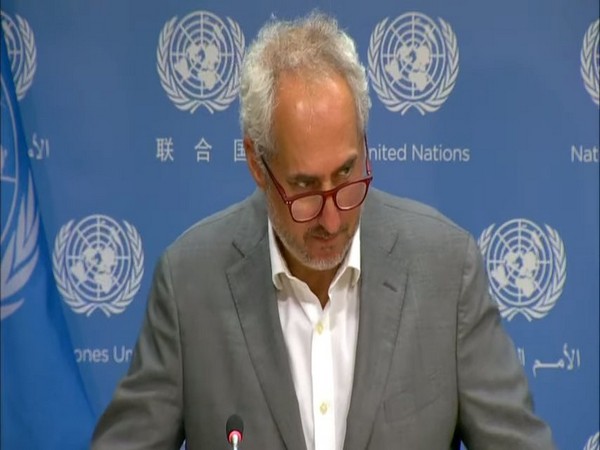Insecurity and bureaucracy hampering aid to Ethiopia’s Tigray region
Nearly three months after the start of conflict in Ethiopia’s Tigray region, hundreds of thousands of people have yet to receive assistance, the United Nations reported on Wednesday, citing information from its humanitarian coordination agency, OCHA.
UN News | Updated: 14-01-2021 09:57 IST | Created: 14-01-2021 03:19 IST
"Humanitarian assistance continues to be constrained by the lack of full, and safe, unhindered access to Tigray, caused by both insecurity and bureaucratic delays", UN Spokesperson Stéphane Dujarric told journalists.
"The UN and its humanitarian partners in Ethiopia urgently call on all parties to allow the immediate safe passage of humanitarian personnel and their supplies to the Tigray Region to be able to reach all people who desperately need assistance."
Over two million in need
Mr Dujarric said the UN continues to receive alarming reports of civilians being injured and killed in rural areas in Tigray, as well as of violations against civilians, though verification remains a challenge.
"Aid workers have been able to deliver assistance in some areas, mainly in cities, where access has been granted by the authorities. However, the number of people reached is extremely low compared to the 2.3 million people we estimate are in need of life-saving assistance", he said.
The situation is particularly critical for newly displaced people and refugees, especially those who were living in two camps that remain inaccessible, according to OCHA.
Humanitarians further warn that the majority of the 270,000 people receiving benefits through the Government's Safety Net Programme have also been without assistance as banks in most rural areas have been closed since before the crisis began.
"These are extremely vulnerable people who rely on monthly cash transfers to meet their basic needs," said Mr Dujarric.
Visit UN News for more.
- READ MORE ON:
- Dujarric
- Ethiopia
- Tigray
- United
- Stéphane Dujarric
ALSO READ
Ethiopian migrant who became symbol of integration in Italy killed on her goat farm
Dutch charity says employee killed in Ethiopia's Tigray region
Egypt summons Ethiopia's envoy over comments - statement
Reuters cameraman detained in Ethiopia has seen no evidence against him, lawyer says
Egypt summons Ethiopia's envoy over comments - statement

